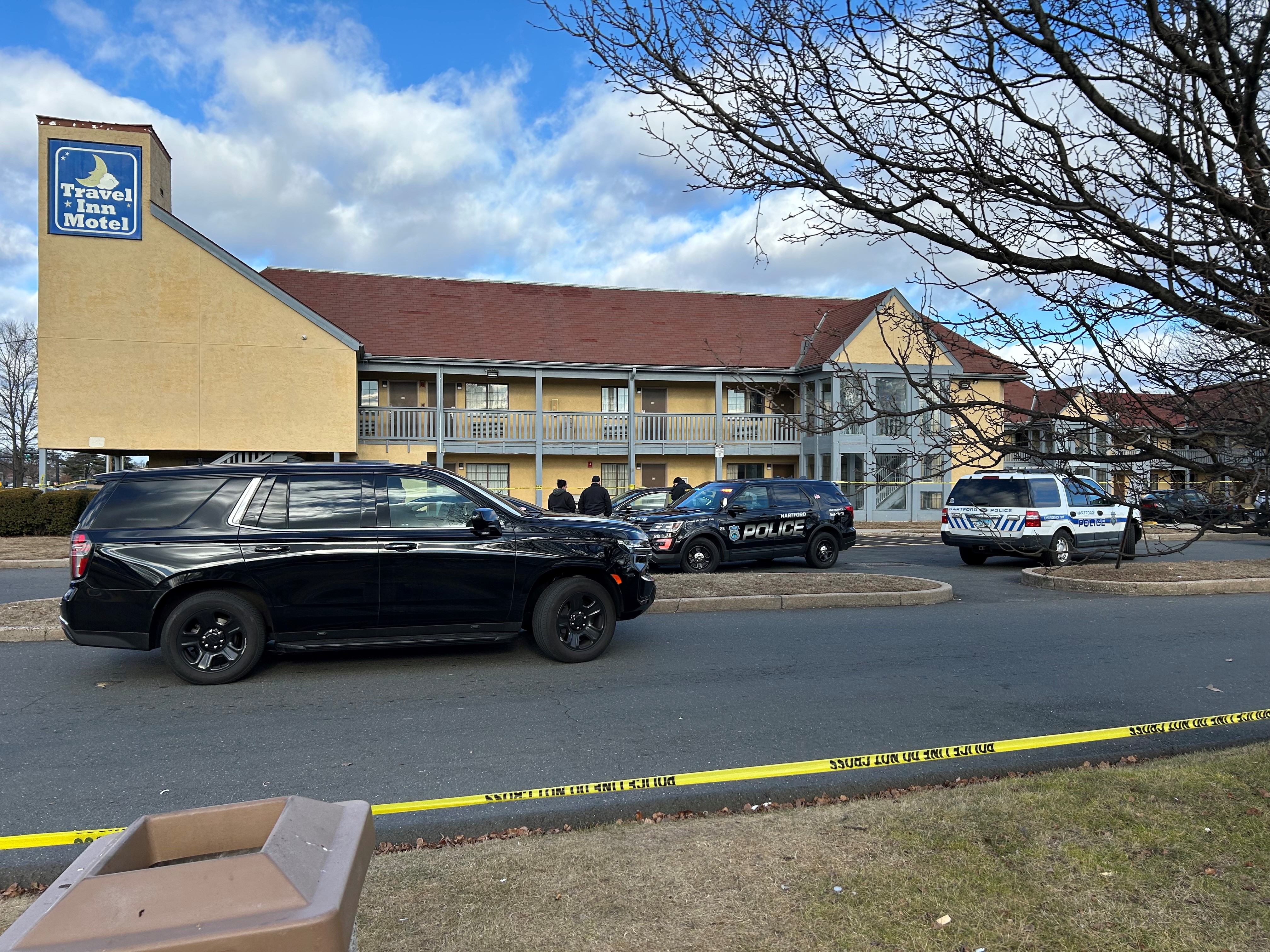Two families are looking to restore the religious exemption for kids’ immunization requirements for school following a law passed in 2021, nixing the exemption. The case reached the state supreme court Thursday.
“We are arguing that the states removal of religious exemptions violates both the state and federal constitutions and a state law called the religious freedom restoration act,” said attorney for the family, Lindy Urso.
Urso argues the court should allow the case to continue in the lower courts, and the state should be held accountable the removal of the exemption in the 2021 law.
“The states position is basically that there is no recourse ever if the Connecticut legislature violates an individual’s constitutional rights, we think that is wrong, and we are confident that the court is going to agree with that,” Urso said.
Get top local stories in Connecticut delivered to you every morning. >Sign up for NBC Connecticut's News Headlines newsletter.
It was a lower court that ruled the case could continue after a motion to dismiss.
The state's attorney’s office appealed to the state supreme court. They argue the state can’t commit legal wrongdoings and is immune from civil or criminal prosecution in this case under “sovereign immunity.”
“It goes against what this court has said many times, exceptions to sovereign immunity need to be narrowly applied, with a gimlet eye if you will, and the trial court drove a truck through that,” Assistant Attorney General Darren Cunningham said.
Local
They expressed concern in the courtroom that if this case is allowed to continue, it could also reverse current precedent and cause a flood of future litigation against the state.
“I think when you are talking about school vaccination laws, and you're talking about a lot of students effected, and a really vocal community, you could really have the flood gates of litigation opened,” Cunningham said.
Other legal efforts to restore the religious exemption have failed so far. Experts say history is on the state’s side in this case.
“Generally, precedent prevails,” said law and public health adjunct professor at the University of New Haven, Audrey Blondin.
Blondin said current legal precedent dating back over 100 years favors the greater good, or in this case the state, over the right of the individual.
“The state’s rights are paramount to the individuals’ rights,” Blondin said.
The lawyer for the family said if he prevails, they will be right back in the lower courts to remedy what he calls a violation of rights. But the attorney general’s office says they will continue to defend the states strong and necessary public health laws.



